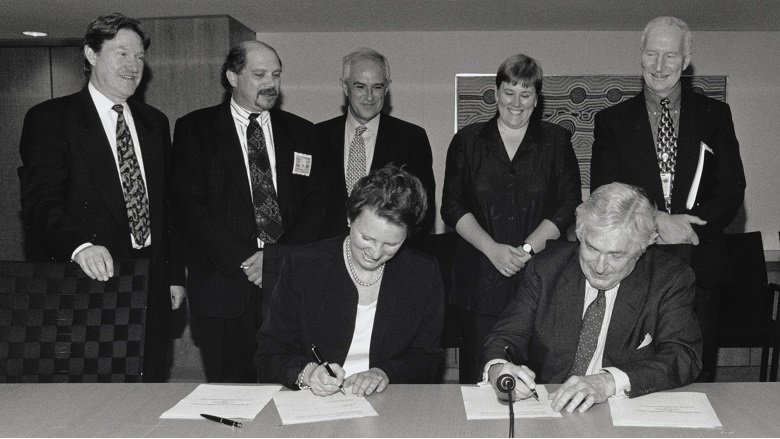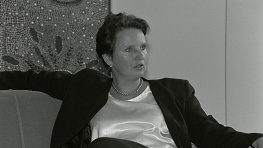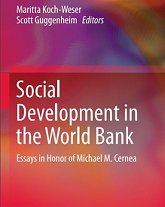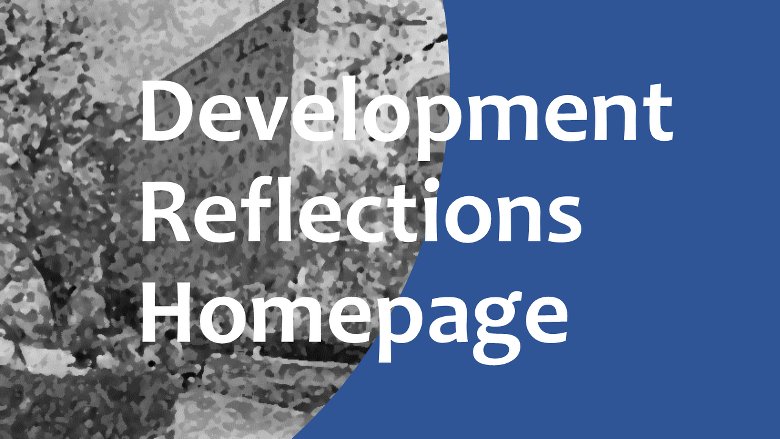“Looking back on what we fought for in my days at the World Bank […] there were no Environment Ministries in our Client Countries. There was no social assessment process. Initially, there were no environmental impact assessments. But over time, in a span of some 20 years, we saw emergence of a world of protected areas on Earth. […] Tremendous achievements which are rolled back in parts of the World today. Those achievements must be maintained. “Keep it, preserve it” I would say to today’s young generation of sociologists and anthropologists. Because unless the people on the ground really keep it, or go to court to fight for it, all these achievements can be rolled back.” *
- Dr. Maritta Koch-Weser, Social Scientist
Koch-Weser discusses the changes she witnessed during her time at the Bank and the environmental and social impact assessments that became the norm. The Bank she joined in the 1980s had already come a long way and was growing and adapting to the realities of a changing world. Koch-Weser mentions that, when she first started at the Bank, the social dimension of development “was not center stage.” That contrasts to today, where the importance of the social dimension in the Bank’s work is something that is seen and felt.
“It was one of my riskiest missions in life. A tribe in Rondônia had been contacted for the first time, face to face, by the Indigenous Protection service. After 10 years of attempted contacts. Only one week after this first contact, I came there. It was really very moving. These were people from a completely different era in our human history. And now, at COP 26 [2021 United Nations Climate Change Conference], two weeks ago, in the opening ceremony, you saw a beautiful indigenous lady, Uru-Eu-Wau-Wau Surui lady, exactly from that tribe, speaking to the COP in Glasgow. Imagine, what change in just 40 years.” *
- Dr. Maritta Koch-Weser, Social Scientist
This is the goal of the Development Reflections series – to make these kinds of personal reflections and stories available, allowing us a better grasp of the past, the steps taken, and a better understanding of our current realities.
Interested in sharing your own Development Reflections? We’d love to hear from former World Bank Group staff who are interested in participating in our Development Reflections series. Please reach out to wbglibrary@worldbank.org.
* Text lightly edited for clarity.




